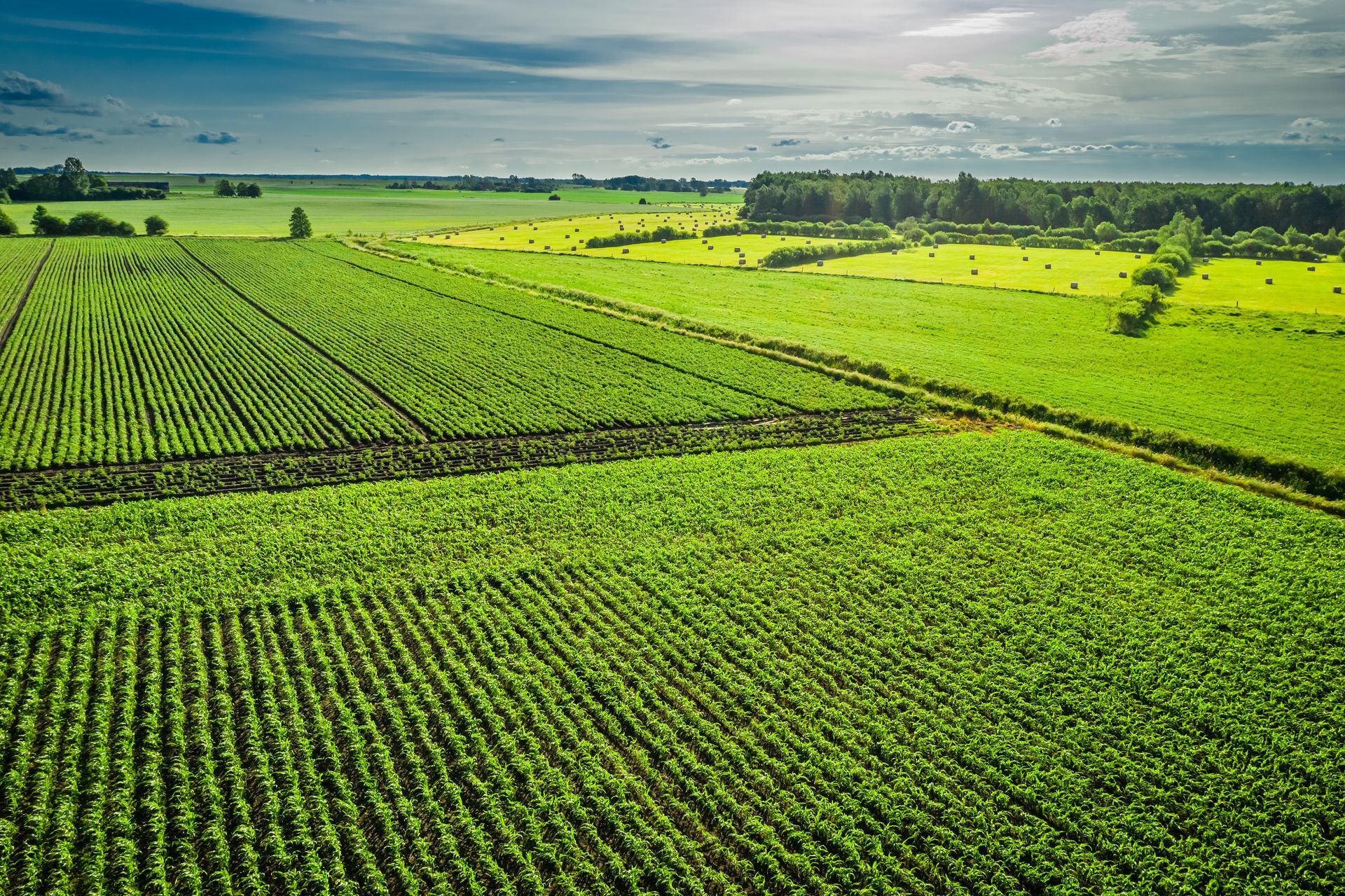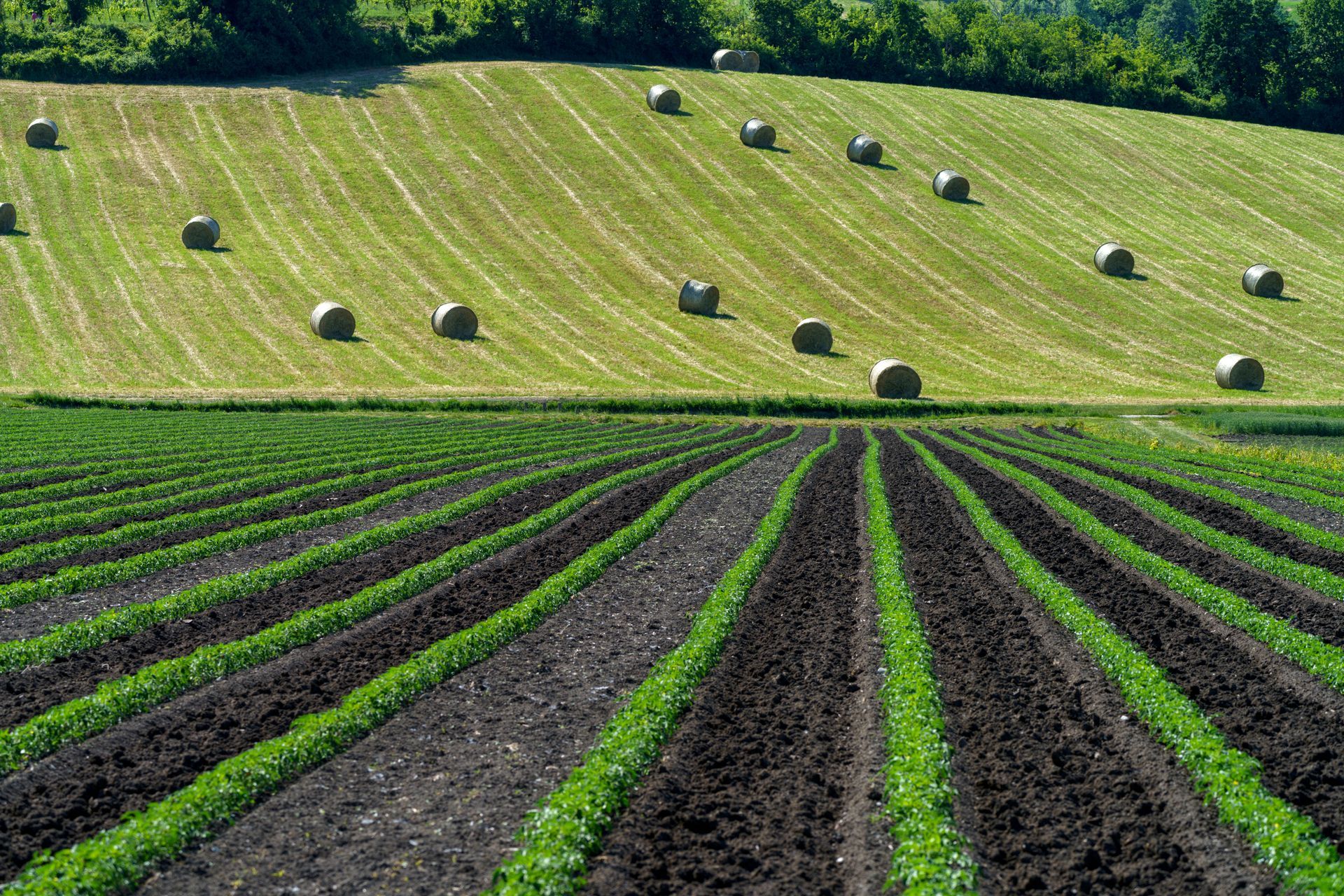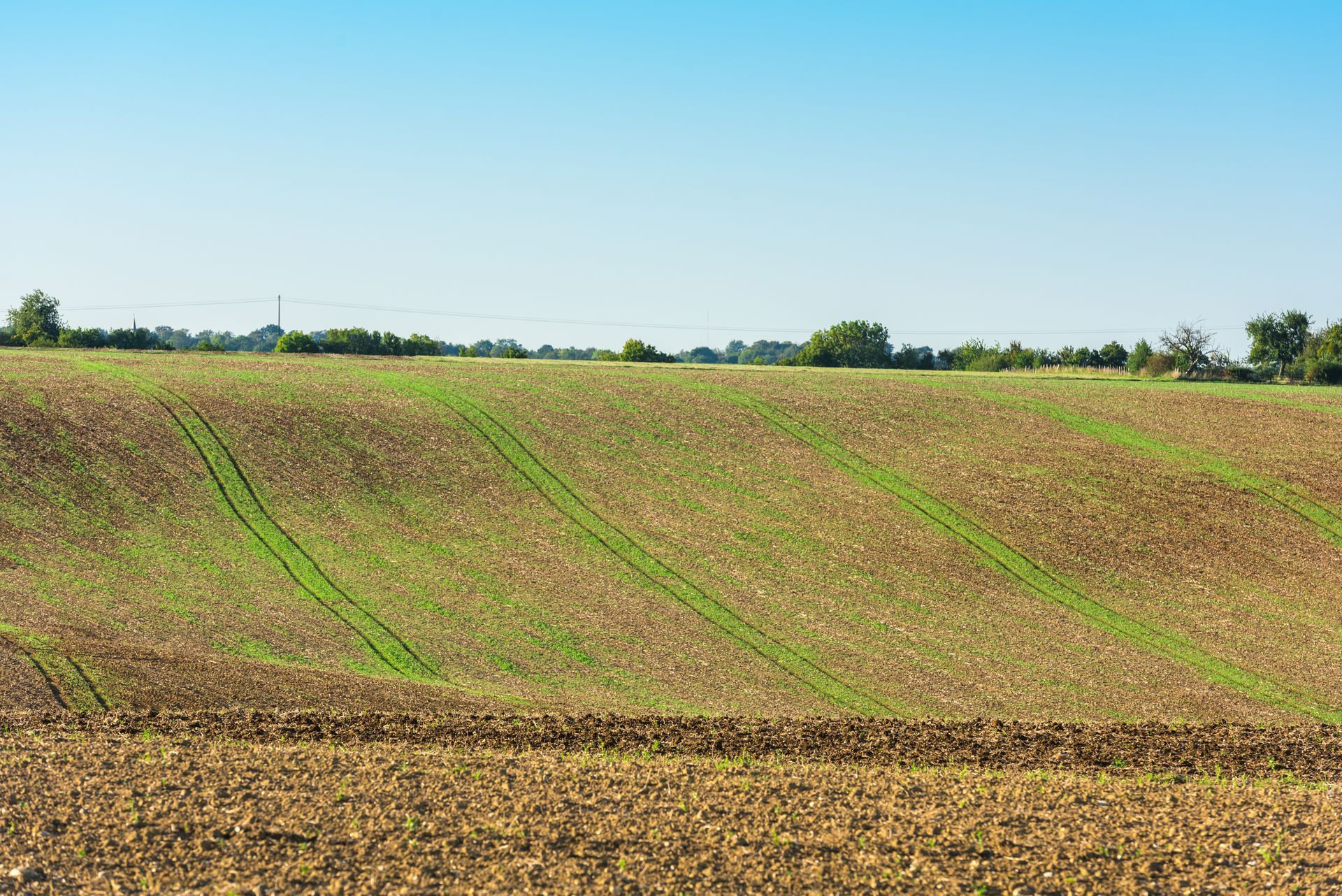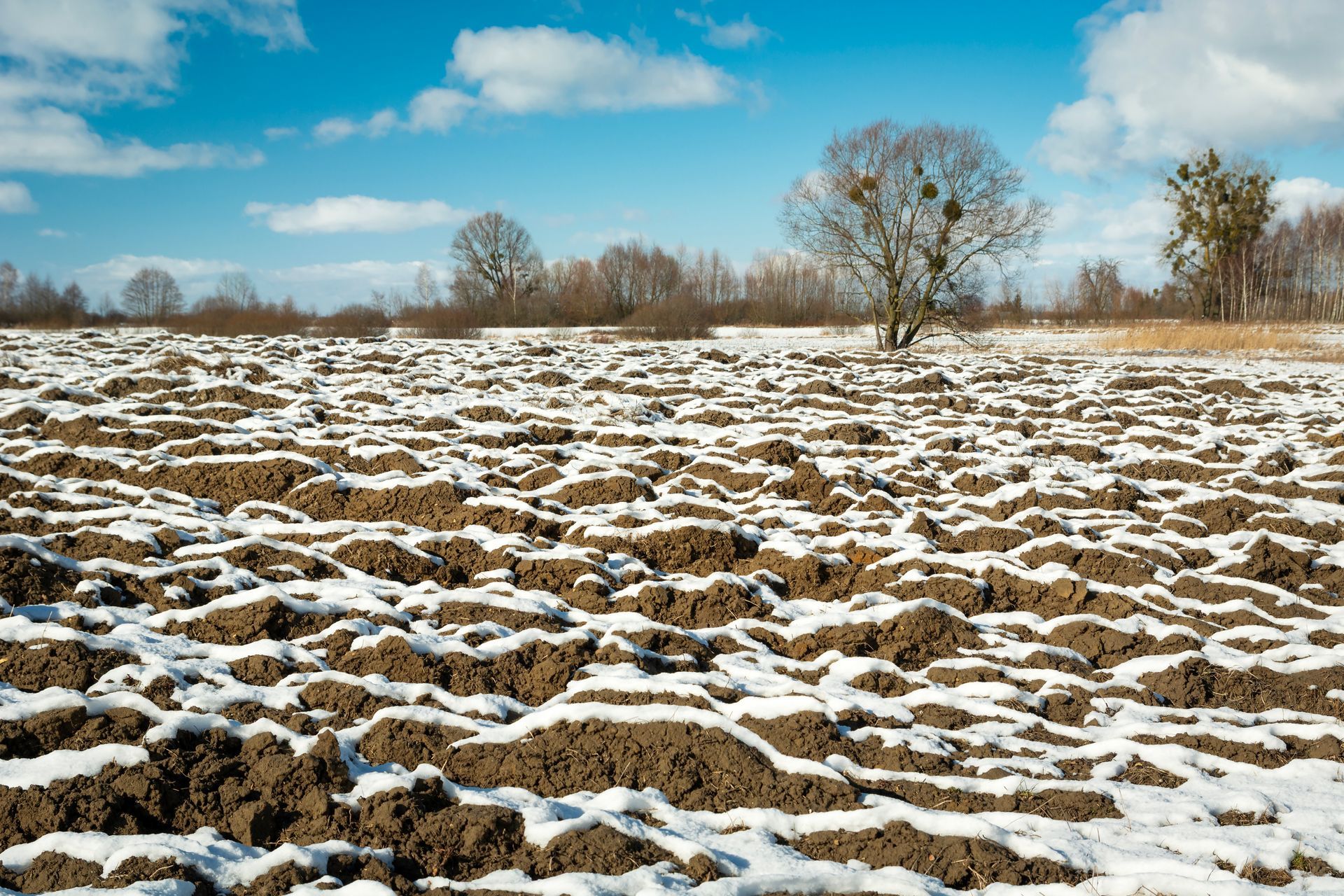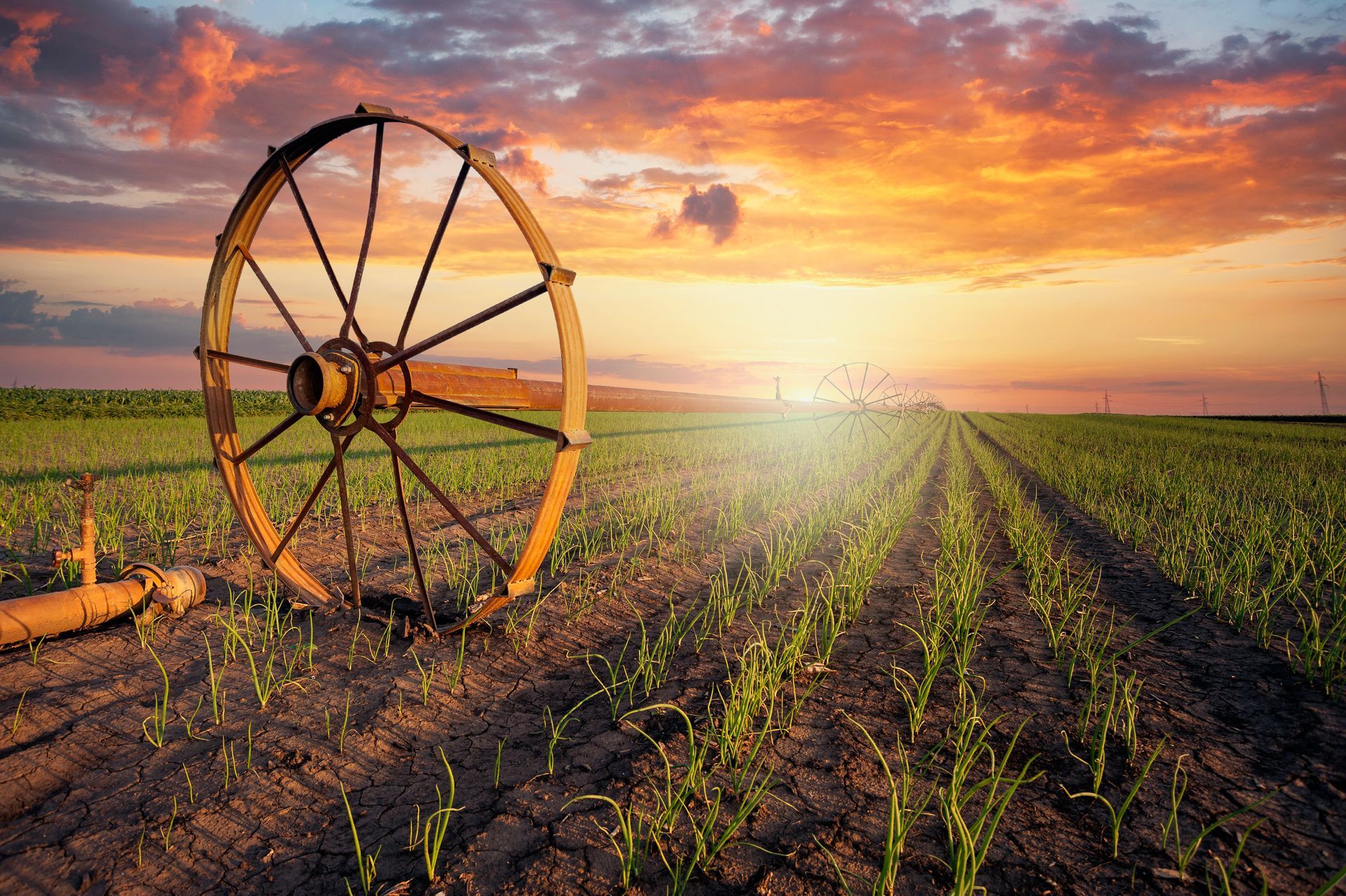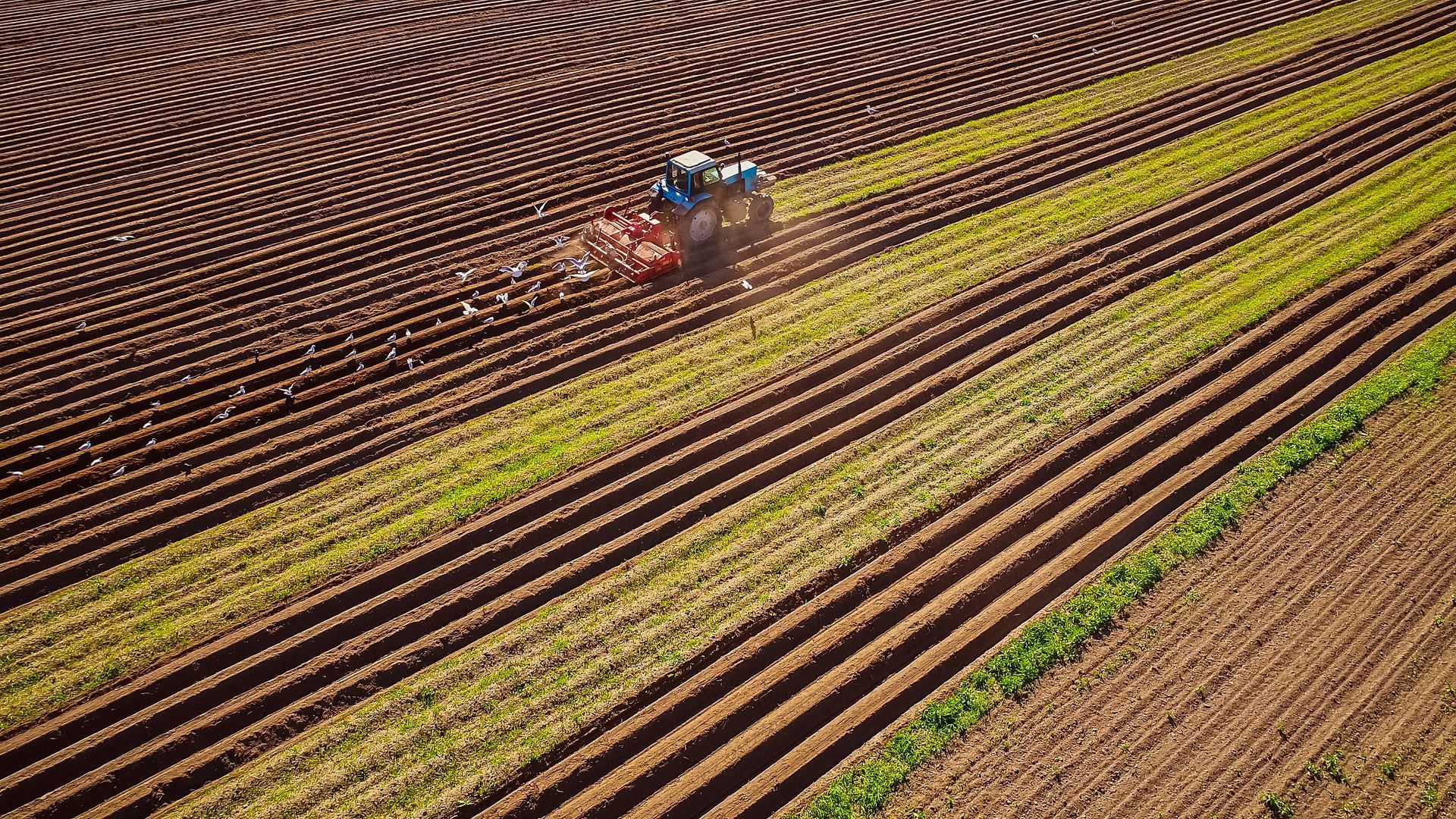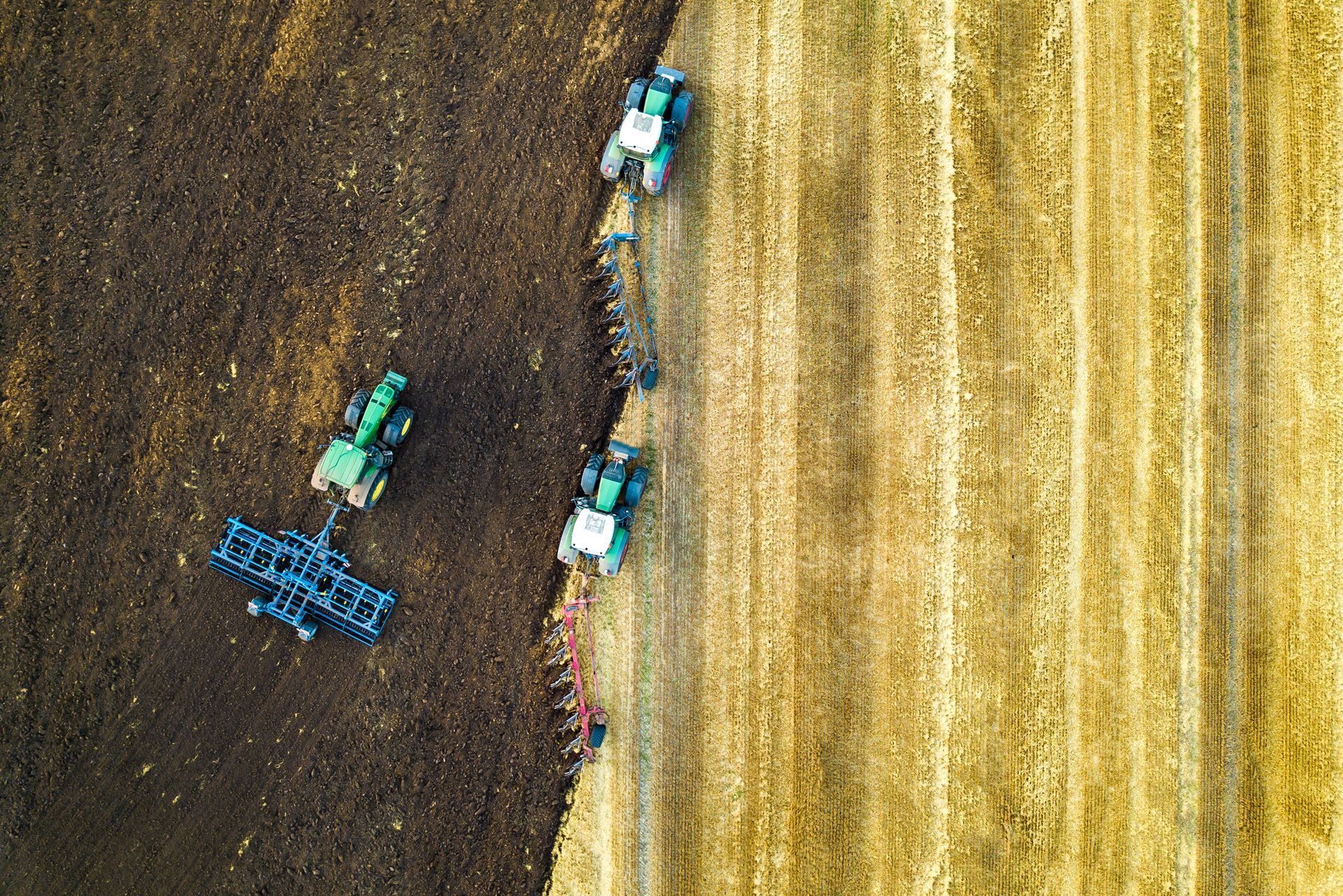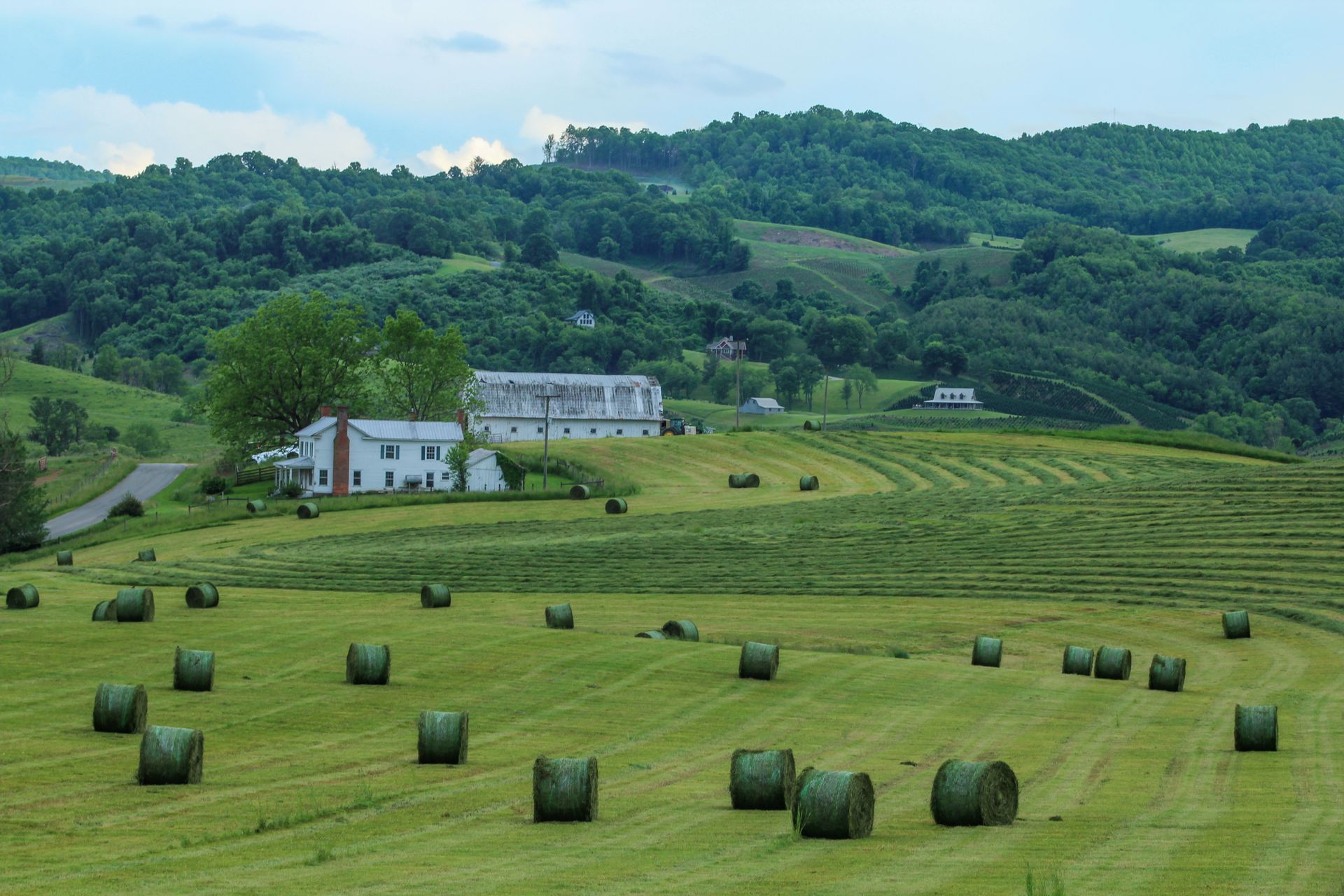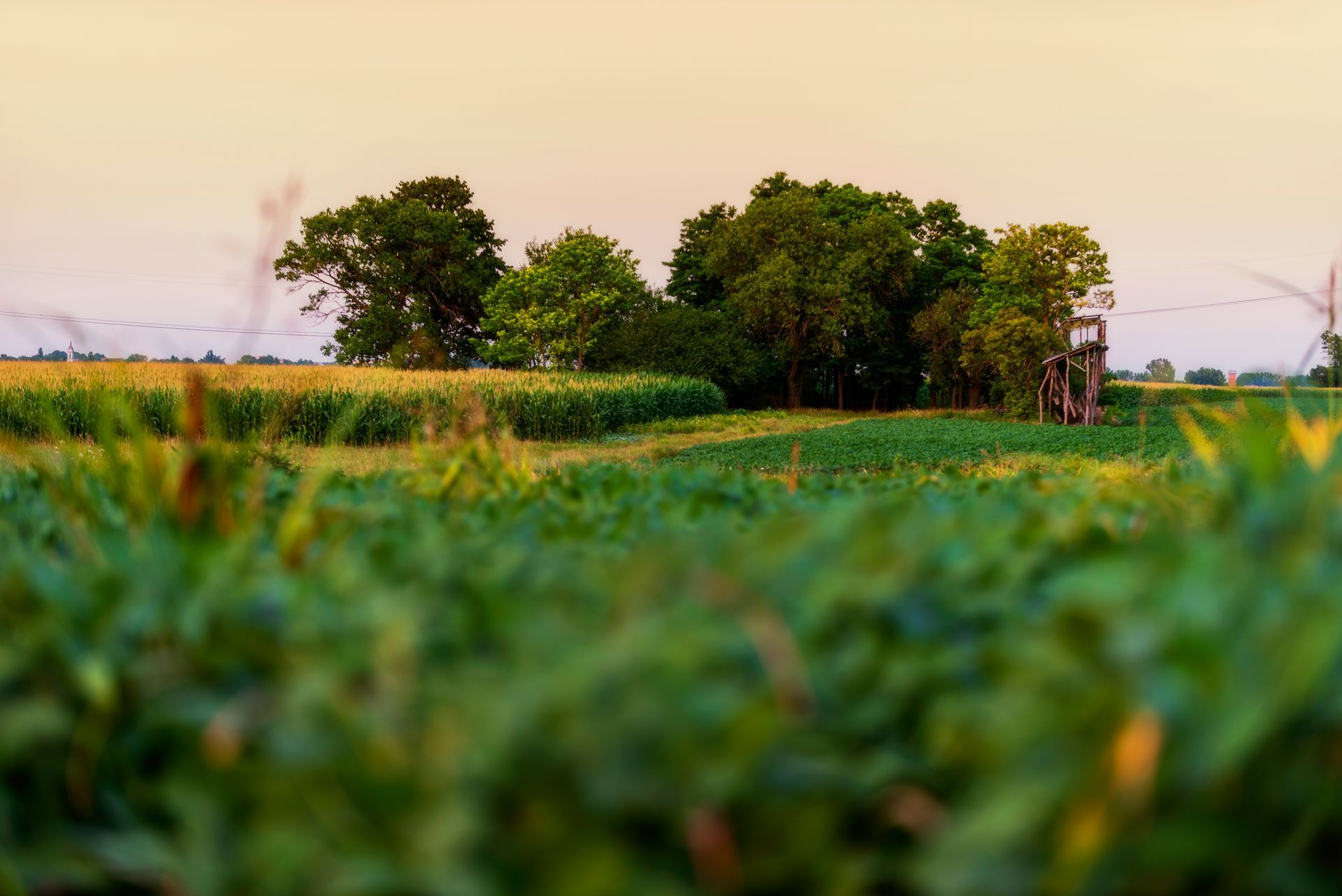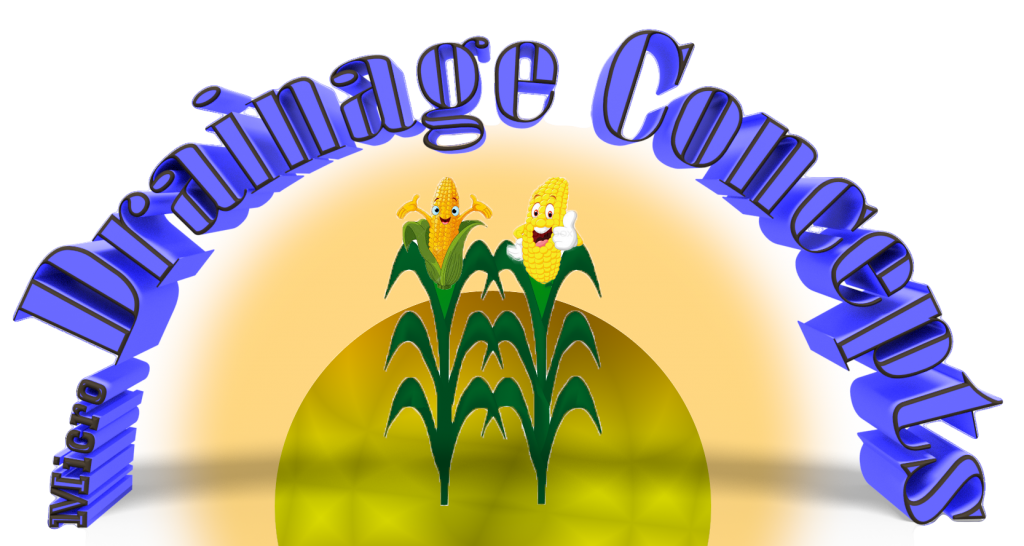Regenerative agriculture is rapidly gaining recognition as a vital approach to building a more sustainable and resilient food system. It focuses on restoring and revitalizing soil health, enhancing biodiversity, and improving water management. At Richland Micro Drainage, we understand that healthy soil is the cornerstone of successful farming, and our solutions align perfectly with the principles of regenerative farming.
Understanding Regenerative Agriculture
Regenerative agriculture goes beyond simply minimizing harm to the environment. It actively seeks to improve soil health, enhance ecosystem services, and create a positive impact on the land. By focusing on practices that build soil organic matter and promote biodiversity, farmers create a more resilient and productive agricultural system.
How to Improve Soil Health in Farming through Regenerative Practices
- Minimizing Soil Disturbance: Tillage disrupts soil structure and reduces organic matter. Regenerative agriculture emphasizes no-till or reduced-till practices to preserve soil health.
- Cover Cropping: Planting cover crops between cash crops helps to protect the soil, add organic matter, and improve nutrient cycling.
- Crop Rotation: Rotating crops helps to break pest and disease cycles, improve soil fertility, and enhance biodiversity.
- Integrating Livestock: Integrating livestock into farming systems improves soil health by adding manure and promoting nutrient cycling.
- Implementing Effective Water Management: Proper water management is crucial for soil health and crop production. Richland Micro Drainage's tile systems play a vital role in this aspect of regenerative farming.
The Role of Micro Drainage in Regenerative Farming
Efficient water management is essential for healthy soil and thriving crops. Richland Micro Drainage's tile systems provide a natural and effective way to manage water in regenerative farming systems. Our systems:
- Enhance Soil Aeration: By removing excess water, our tiles promote better aeration, which is crucial for root development and microbial activity.
- Improve Nutrient Cycling: Proper drainage prevents nutrient leaching, ensuring that essential nutrients remain available to plants.
- Minimize Erosion: Efficient drainage reduces the risk of soil erosion, protecting valuable topsoil and preserving soil health.
- Support Cover Crop Success: Our systems create optimal soil conditions for cover crops, enhancing their ability to improve soil health and suppress weeds.
Benefits of Regenerative Farming for Crop Yields
Regenerative farming practices, combined with effective water management, lead to significant improvements in crop yields. Healthy soil with high organic matter content retains water and nutrients more effectively, reducing the need for synthetic inputs and enhancing crop resilience.
By embracing regenerative agriculture and implementing the best micro drainage solutions for agriculture from Richland Micro Drainage, farmers create a more sustainable and productive future for their land. We are dedicated to providing the tools and expertise you need to naturally enhance your farming operation. Let’s have a conversation today.
